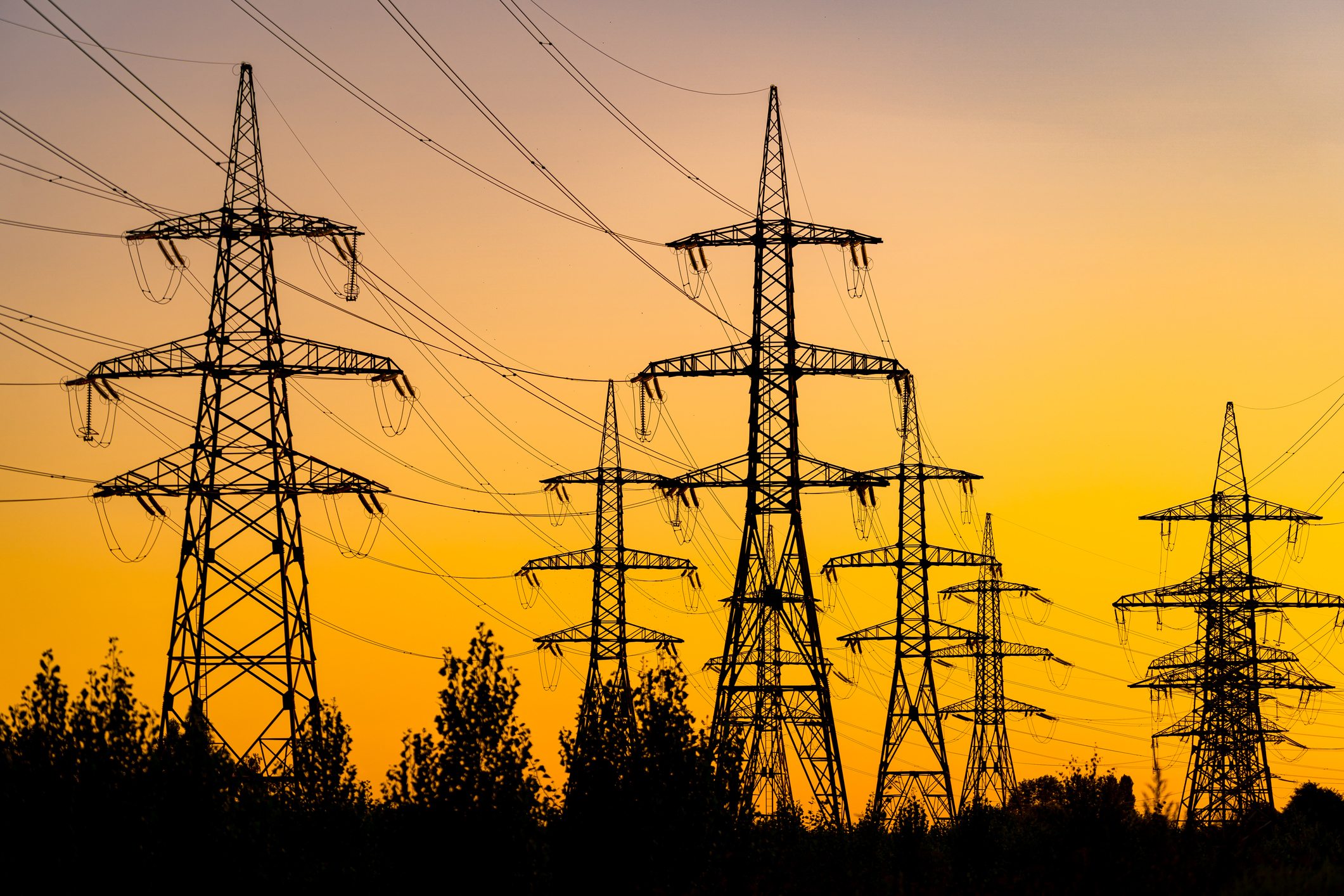What is Causing My House Lights to Dim?
Updated 10/12/23 by 1000Bulbs Staff
It can be scary moving to a new house or apartment, especially if you are moving into an older building. Sometimes the doors creak a little more than you're used to, or the cabinets don't shut all the way, or the appliances fail to operate correctly.
When I first moved to my new/old apartment, I faced all of these minor annoyances. However, none were as alarming as one peculiar phenomenon: every time I used my microwave, the lights would flicker and dim until my food was done cooking.
While my meal was always properly warmed and the lights always went back to normal, it was unsettling.
Were the flickering or dimming lights indicative of a larger problem? Below, we'll review potential issues that may make your lights flicker, as well as some other common reasons house lights go dim aside from properly working dimmer switches (like these), of course!
Lights Dimming Due to an Overloaded Circuit
If your lights dim when you are running an appliance, such as a dryer, air conditioner, or microwave like in my case, check to see if the flickering or dimming lights are on the same circuit as the appliance.
You might be simply dealing with an overloaded circuit – meaning the circuit is outdated or too many appliances and fixtures are wired to the same circuit. This is typically the case if you are living in an older abode. Although annoying, overloaded circuits due to appliance usage are common and not typically a danger.
However, if you find that your lights are dimming beyond the use of the appliance, or if the appliance is tripping your circuit breaker, there could be more serious concerns with the electrical system and you should call an electrician.
Power Grid Issues Causing Flickering Lights
Has your area experienced some bad weather lately? A transformer may have blown, or the service feed coming into your house may have been interrupted. Both are common occurrences during a storm.
The problem may even be at the local utility substation. Brownouts (all-around dim lights) are not as common as blackouts, but they can happen when there is a city-wide power shortage or an unusually high demand stresses the power grid.
Extremely high temperatures or bad weather such as snow or ice storms can cause a huge demand for power, overwhelming the power grid and affecting your lights.
Dimming Lights from Improper Wiring
Lights dimming unexpectedly could also be caused by outdated or faulty wiring in your home. When the electrical service has a demand for too much current, the voltage can drop, making lights dim.
Many older houses have this problem; they have poorly installed house wiring, or they simply weren't built to handle the electrical loads of today's modern household, which typically features many devices or appliances that all require large amounts of power.
If this is the case, you may require new wiring or a new service – ask an electrician.
Loose or Corroded Neutral Wire Making Lights Flicker
If the light bulbs in your house are fluctuating between bright and dim, you could have more serious electrical problems on your hands. You might have a loose or corroded neutral wire in your circuit breaker.
The circuit breaker contains three wires: the first is red or black (the "hot" wire), the second is white (the "neutral" wire), and the third is green or bare (the "ground” wire) which is only used for safety purposes. The first two wires are responsible for providing power to your home electrical circuit. The neutral wire simply provides a path for the current to safely return to the ground in the event of an electrical surge.
A broken neutral wire means that the return path to the electrical panel is incomplete, which can cause imbalances in the two main power wires. When your lights brighten, they are receiving too much voltage. When you notice your lights dimming, they are receiving too little.
If this problem worsens, your electrical devices could end up receiving far too much or too little power and become damaged. A loose wire connection is a significant safety hazard. Bad or loose connections are a major cause of house fires. Contact a licensed electrician as soon as possible.
Still Wondering, "Why Are My Lights Dim?"
Remember, these are just a few common reasons house lights go dim. There are, of course, many other possibilities. If you have continued trouble with dimming light bulbs or have a light fixture with loose wires, always consult a licensed electrician to have your electrical system properly evaluated and any potential issues corrected.
Need Further Help Troubleshooting a Flickering Light Fixture?
Have your house lights ever gone unexpectedly dim? What was the reason? Feel free to share with us in a comment or to drop us a line on Facebook, Twitter, LinkedIn, or Pinterest!
›As always, if you need help finding the best lighting solutions, call 1-800-624-4488 or try our convenient “pop-up chat feature” at the bottom right corner of our 1000bulbs.com web pages.












